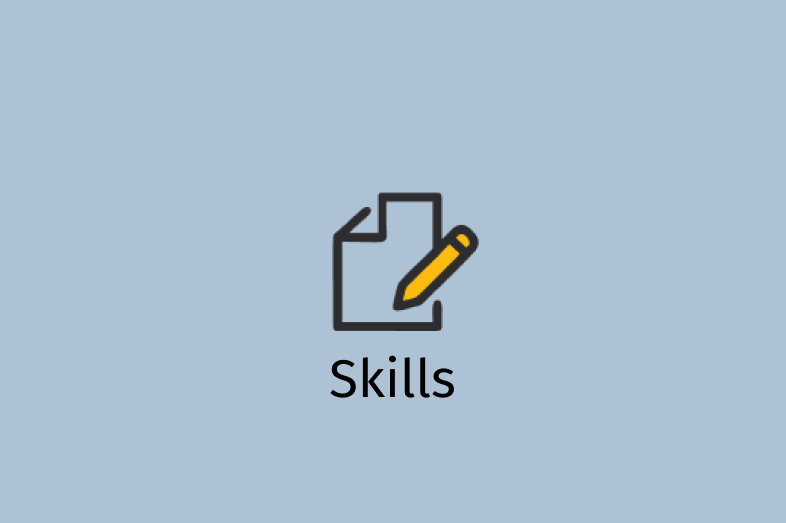
Covering How ‘Varsity Blues’ Affects College Admissions
Experts suggest following up with investigations into large inequities and sports recruiting.

Experts suggest following up with investigations into large inequities and sports recruiting.
The “Varsity Blues” scandal involved a small group of wealthy families using bribes and other tactics to gain admissions to selective colleges. But it also illuminated broader admissions problems – particularly those involving income disparities – that should be examined by education reporters, according to experts who spoke at the 2019 Education Writers Association seminar in Baltimore.
Among those facing federal charges: wealthy parents who, through consultant William Singer, bribed test-takers, proctors and athletic coaches to ensure their children were admitted to selective colleges. The case caught up celebrities such as actors Felicity Huffman, who pleaded guilty in May, and Lori Loughlin.
Reporters who want to dig deeper would do well to pursue three big story ideas, while also helping readers to understand the broader context of college admissions: that the vast majority of colleges accept most applicants and, thus, aren’t likely targets for bribes or cheating.
“The real scandal is that bachelors’ degrees are in danger of becoming luxury goods,” said Steve Bumbaugh, a senior vice president at the College Board.
Many of the nation’s top colleges have more students who are children of the top 1 percent of earners than those of the bottom 60 percent, added Bumbaugh.
Bumbaugh suggested reporters analyze the socioeconomic diversity of the colleges they cover to see if “students hailing from low-income families and, increasingly, middle-income families are disadvantaged in the college admissions process, particularly for highly selective institutions,” he said.
Reporters can obtain free data on socioeconomic inequities in the enrollment of the colleges they cover from the Harvard-based research group Opportunity Insights in its Mobility Report Cards.
The Varsity Blues scheme shows that several colleges had given athletic coaches a great deal of unchecked power in admissions.
“You sort of have to ask yourself: Why, in this one case with this one college adviser, was he able to target athletic departments at seven or eight different universities and implement the same scheme in different places?” said David Hawkins, the executive director for educational content and policy at the National Association for College Admission Counseling (NACAC). “That points to a weakness in a system.”
Enrique Gimenez, a Birmingham, Alabama-based sports attorney who has been hired by colleges to investigate and defend against allegations of NCAA infractions, suggested three questions reporters could ask to identify recruiting vulnerabilities at the schools they cover:
Colleges and testing organizations such as the College Board are now grappling with how to prevent cheating on admissions tests and college applications, Hawkins said. But he cautioned reporters against jumping to a “the system is broken” conclusion without examining where it’s broken and where it’s not.
More than 90 percent of the nearly 4,000 accredited degree-granting colleges accept most or all of their applicants, according to federal education data. NACAC reports that the average four-year college accepts about two-thirds of all applicants.The problems uncovered by Operation Varsity Blues only happened at a tiny number of selective colleges.
“That’s a question that’s really important to pose,” Hawkins said. “What institutions are we talking about? I think most admission officers feel as if they’ve been blindsided, as if they’ve been swept up by something that…in reality, most of them have no part in.”
In fact, the biggest admissions problem faced by many colleges – especially small private schools in the Northeast and Midwest – is finding enough paying students to stay open. Insufficient enrollment, caused in part by a decline in the birth rate and a federal clampdown on high-paying international students, has forced several small colleges to shut down in the past year. And some economists warn that the student shortage will only get worse in the next several years.
The salacious details about a few wealthy families trying to buy their way into Ivy League schools have certainly made for click-worthy headlines. But, the experts said, the day-to-day lives of millions of readers, listeners and viewers are more impacted by larger issues of higher education inequities, recruiting practices and sustainability.
Your post will be on the website shortly.
We will get back to you shortly